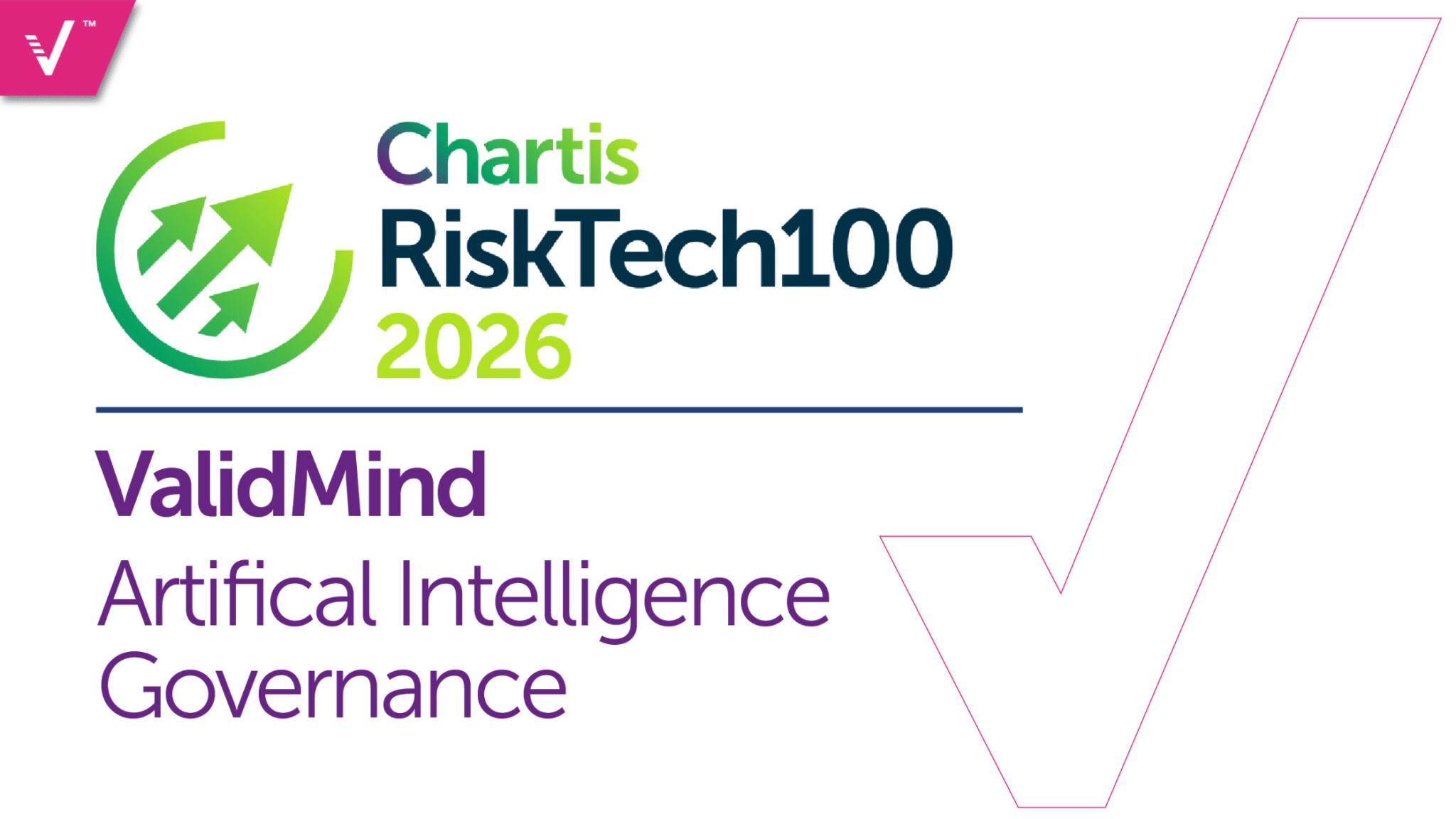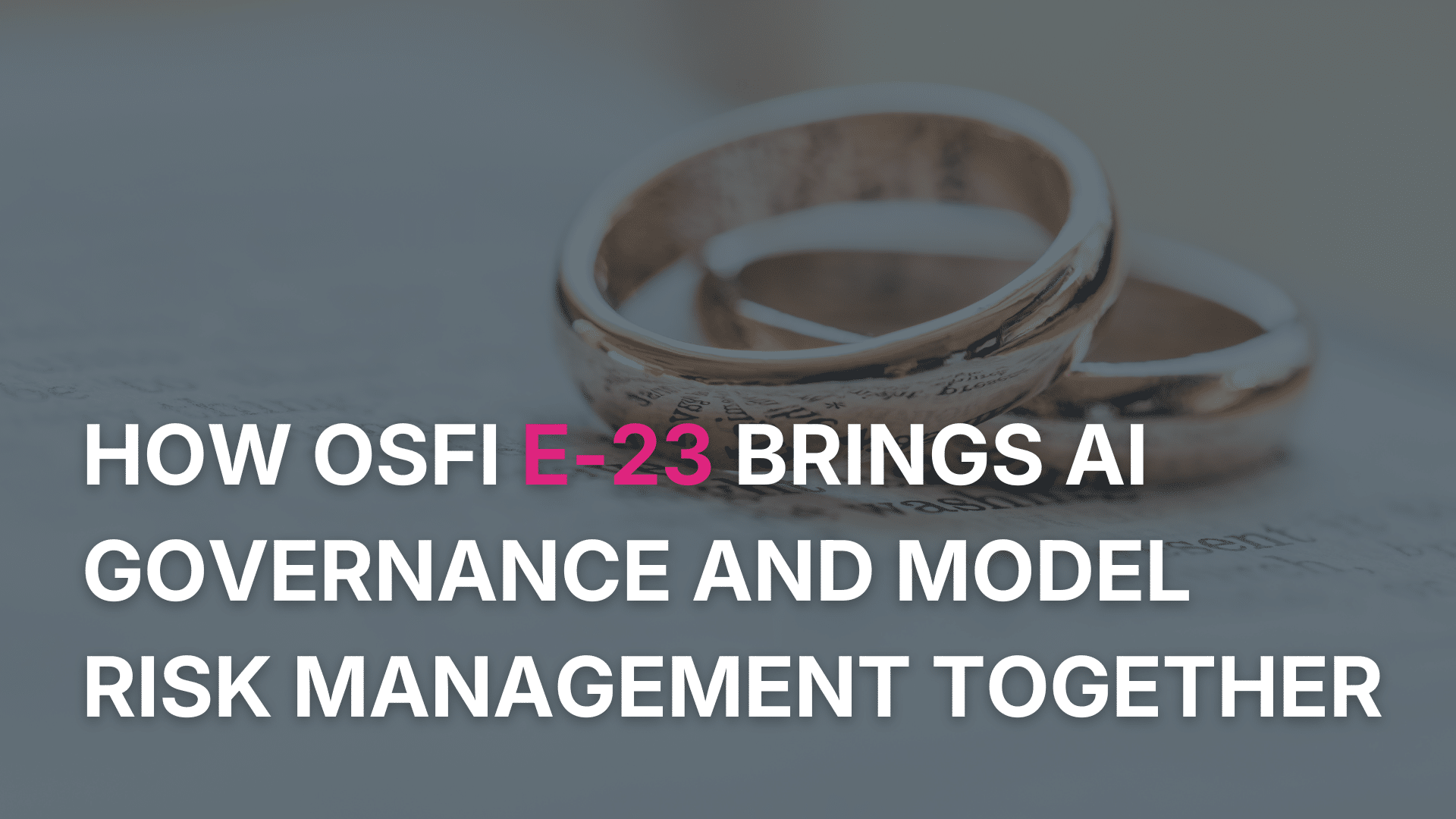How the EU AI Act Affects U.S. Companies — and Why Wall Street Should Pay Attention

When the EU AI Act officially became law in August 2024, it immediately became the world’s most far-reaching regulatory framework for artificial intelligence. While much of the media attention has been centered on its implications for Europe, many in the U.S. — especially in the tech and investment communities — underestimate its potential global impact.
Let me be clear: this regulation is already reshaping how global companies think about AI strategy, compliance, and risk. And the U.S. tech sector, which has operated for decades in a relatively lax regulatory environment, is now facing real and immediate friction in how it builds, deploys, and monetizes AI.
EU AI Act Ripple Effects
At ValidMind, we’re starting to see how these ripple effects are affecting our customers in the financial services space. If you’re operating in multiple jurisdictions, and especially if you serve EU customers, you don’t get to sidestep this regulation. You need to comply—and that changes everything from product planning to rollout timelines.
AI launches in Europe will now take longer. More resources will go into compliance reviews, documentation, and conformity assessments—especially for anything considered “high-risk” under the Act. In practical terms, that means higher operational costs, slower time to market, and often, fewer features making it across the Atlantic. This isn’t just a legal challenge—it’s a strategic reset.
The (Financial) Burden of Compliance
And there’s a financial angle here that I think Wall Street is missing. The compliance burden is just the start. Companies will also need to set aside reserves for potential litigation and enforcement actions. The fines are no joke: up to 7% of global revenue or €35 million, whichever is higher. For large firms, that’s a major earnings risk. For smaller players, it could be existential.
Tech giants can lean on their legal infrastructure, global compliance teams, and economies of scale. But startups and mid-sized companies will struggle. Many will have to rely on external advisors, which drives relative costs even higher. This disparity creates a lopsided playing field—and I don’t think investors have fully priced that in.
Will the United States Enact Strict AI Regulations?
Another critical question I hear often: will the U.S. adopt similar regulations? In my view, not in the short term. The U.S. is taking a wait-and-see approach, and for good reason. If the EU’s framework stifles innovation or pushes AI development out of the region, the U.S. won’t want to repeat that mistake—especially given the strategic importance of staying competitive in AI. But that also means we’re looking at years of regulatory divergence, which will be messy for global companies trying to maintain one standard.
Some firms may choose to comply with the EU AI Act globally just to simplify operations. But that comes at a high cost—and I doubt we’ll see mass adoption of that strategy beyond what’s legally required. Compliance with the EU AI Act is deep and demanding, and I don’t expect companies to voluntarily raise their bar in less regulated markets.
Noncompliance: Not an Option
The consequences of noncompliance are severe. Massive fines, business disruption, and reputational damage are all on the table. Companies working in high-risk or prohibited AI domains are especially vulnerable. Enforcement may start with the tech giants—those with the most users and impact—but make no mistake: the law applies to everyone.
What I’m seeing is a quiet recalibration of global AI roadmaps. Companies are slowing down, reconsidering feature rollouts, and in some cases, pulling back from EU markets altogether. This isn’t theoretical—it’s happening now. And investors, operators, and policymakers need to understand the stakes.
The EU AI Act is not just a European story. It’s a global signal that the freewheeling AI era is giving way to one governed by accountability, transparency, and risk mitigation. If you’re not building that into your strategy—or your valuation models—you’re flying blind.
ValidMind Can Ease the Burden of Compliance
ValidMind is helping organizations navigate this new regulatory reality with confidence. Our platform streamlines AI model documentation, validation, and compliance, making it easier for teams to meet evolving standards like the EU AI Act without stalling innovation. Whether you’re a global enterprise or a small/midsize financial institution, we provide the tools and governance support to stay ahead of regulatory risk while building trustworthy, auditable AI systems.
Want to learn more? Book a demo today.




